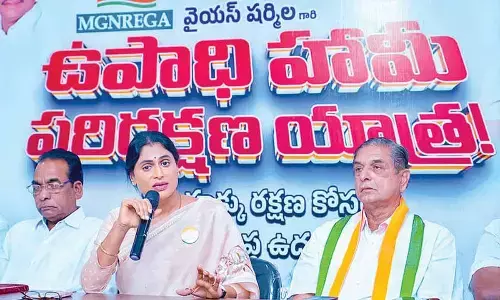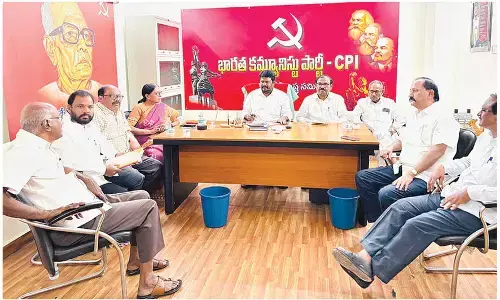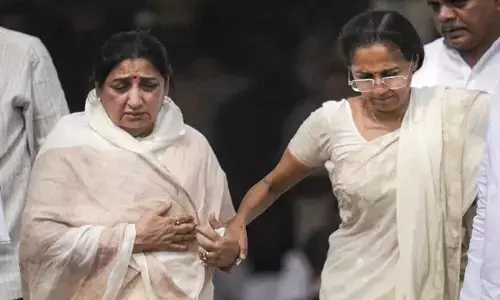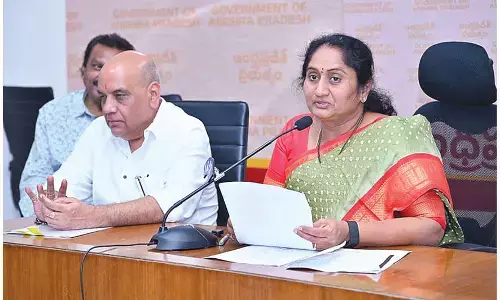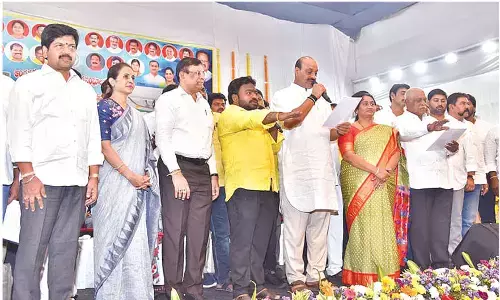Corporates must transform into social institutions
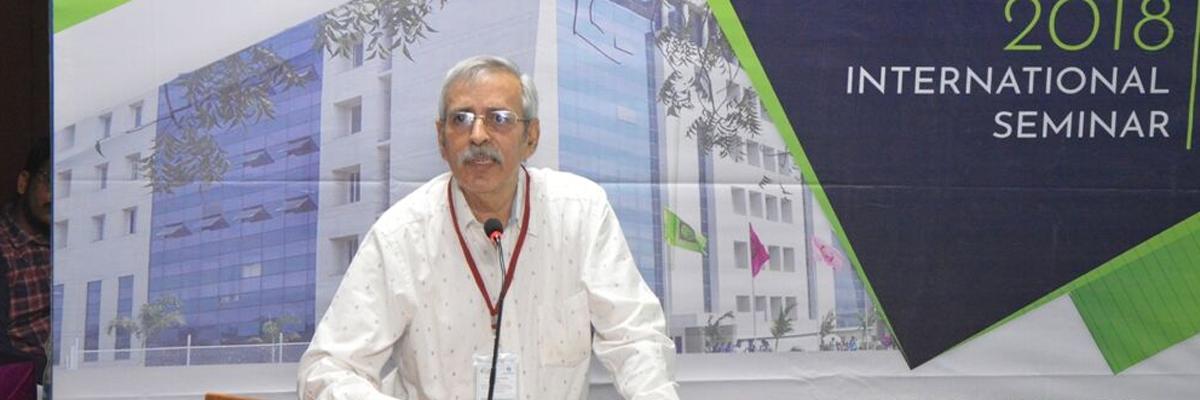
In the current business context that is Volatile, Uncertain, Complex, Ambiguous VUCA, it is high time the corporate world realised its social responsibility and adopt holistic corporate management by following Harmonic Business Models for a harmonic globalisation of business, remarked Prof Subhash Sharma, Director, Indus Business Academy, Bengaluru
Hyderabad: “In the current business context that is Volatile, Uncertain, Complex, Ambiguous (VUCA), it is high time the corporate world realised its social responsibility and adopt holistic corporate management by following Harmonic Business Models for a harmonic globalisation of business,” remarked Prof. Subhash Sharma, Director, Indus Business Academy, Bengaluru.
As Chief Guest at the Inaugural of the two-day International Seminar on ‘Global – Local Convergence of Business Models, Economic Policies and Socio-political Scenarios: A Strategic Rethinking’ organised by GITAM Hyderabad Business School (GHBS), under academic cooperation with the faculty of EGADE Business School, Mexico, on 28-29 November 2018.
Prof. Subhash Sharma observed that in this era of ‘fourth industrial revolution’ characterised by the advent of Artificial Intelligence, Internet of Things, Automation and Data Analytics, business models are increasingly moving from rationality to creativity and to imagination, due to GAMA (Google, Apple, Microsoft, Amazon) effect. For holistic development, he suggested a new vision that harmonises the four fundamental forces of Market, State, People/Capillary Action, and the self. Propounding the TCP Matrix, Prof. Sharma suggested that with emphasis on attaining the values of ethics, spirituality and good governance, the matrix would provide the foundation for a new corporate model.
Earlier, Prof. Y. Lakshman Kumar, Dean & Director, GITAM HBS, and Co-chair of the Seminar, in his welcome address, remarked that globalization of business is causing fast changes in business models. The Seminar would address the issues related to the interface of global and local business models, their implications to the economy and the socio-political climate of the world. It would deliberate upon how academic research could be carried out in such as climate.
Prof. Rajagopal, Professor, EGADE Business School, Mexico, Adjunct Professor, Boston University, and Co-chair of this International Seminar, gave an overview of the seminar, and illustrated the global local convergence in such phenomena as when a global company tries to match its product to the local need.
In his presidential address, Prof. N. Siva Prasad, Pro-Vice Chancellor, GITAM Hyderabad Campus, dwelt on the changing face of industry and business across centuries. Though the Darwinian theory of natural selection is tempting for some to apply to the business context, he contested such application. Instead emphasis should be on business ethics. Prof Siva Prasad hoped the deliberations in the Seminar will cover sociological aspects of businesses. Ms. Saraswati Kavula, Film Maker and Developmental and Environmental Activist, Prof. Maitreyi R. Kollegal, Former Director, IIHMR, Delhi, gave alternative perspectives on business models.
Dr. Divya Kirti Gupta, Coordinator of the Seminar proposed a vote of thanks. Sri D.V.V.S.R. Varma, Resident Director, heads of GITAM Institutions at Hyderabad, faculty and students from GITAM HBS, and researchers from across the country and abroad participated in the programme.








